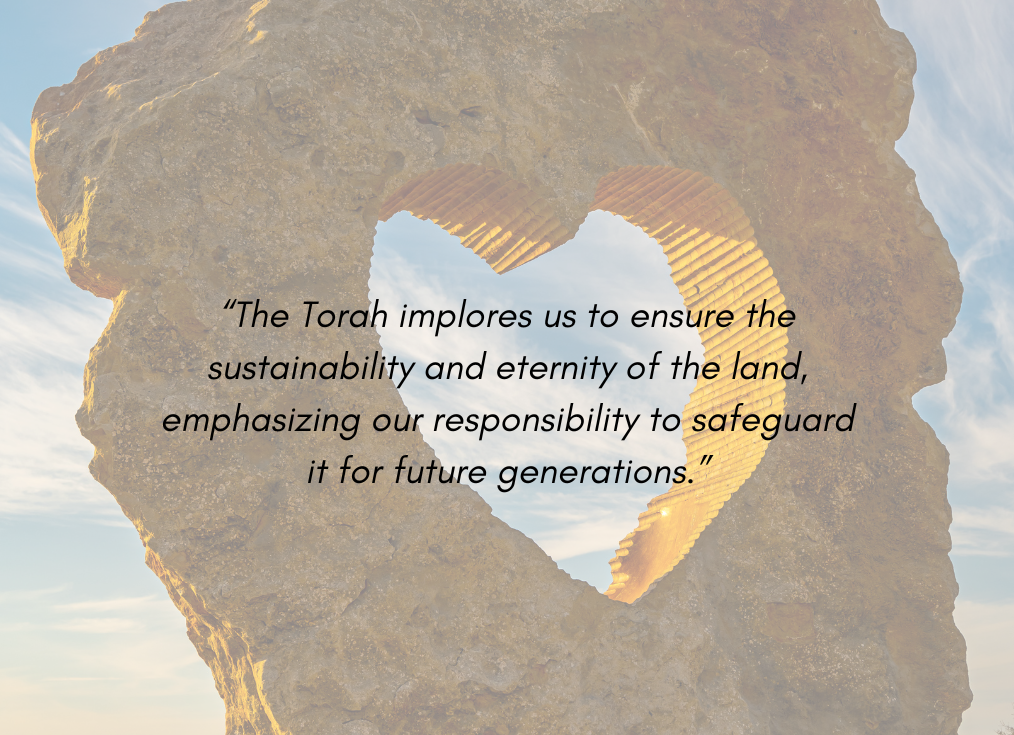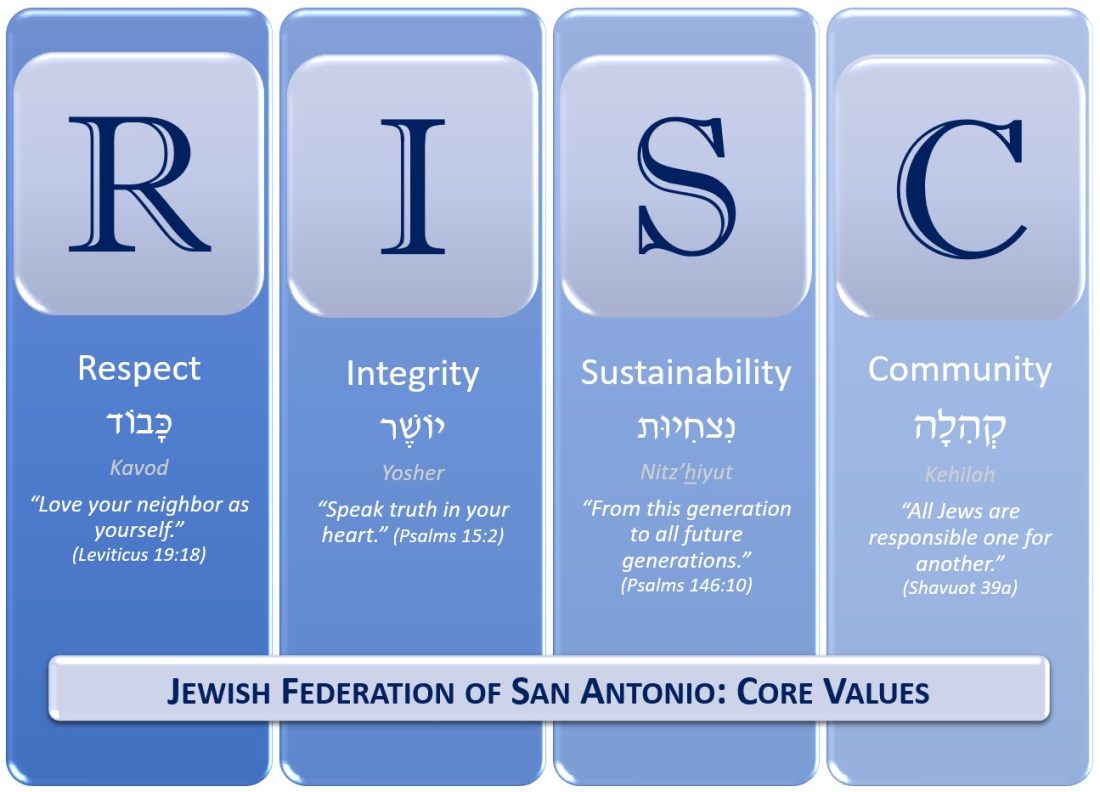The Eternity of Our Actions

January 15, 2024 / 9 Shevat 5784
In this week’s Torah portion, Parashat Bo, we read of the final plagues that culminate in the Exodus of the Israelites from Egypt. Amidst the dramatic narrative, there lies a profound connection to next week’s celebration of Tu Beshvat, Judaism’s holiday that recognizes our attachment to the land and sensitivity to the environment.
The narrative of Bo emphasizes the complex relationship between humanity and the environment, highlighting the consequences of mistreatment and neglect. As we delve into the biblical text, we encounter a vivid portrayal of nature as a partner in the unfolding drama of liberation. The symbolism of the plagues underscores the interconnectedness of all living things and serves as a stark reminder of the importance of recognizing the sanctity of the earth. In parallel, Tu Beshvat invites us to celebrate the renewal of nature, encouraging us to reflect on our role as custodians of the environment. Together, Parashat Bo and Tu Beshvat weave a narrative that beckons us to honor and cherish the intricate balance of the natural world, fostering a sense of responsibility and stewardship for the earth and its resources.
As we explore the connection between the Torah portion and Tu Beshvat, we can draw parallels to the core values of the Jewish Federation of San Antonio: Respect, Integrity, Sustainability, and Community. These values collectively form the acronym RISC, reflecting the potential risks the Jewish community faces without maintaining a focus on these principles.
…

Respect (Kavod), the first core value, is echoed in the Torah’s teachings about treating both people and the land with great reverence. Integrity (Yosher), the second core value, calls for honesty and accountability in maintaining the community’s resources through our actions. However, it is the third core value, sustainability (nitzchiyut), that directly aligns with the themes of Tu Beshvat. The Torah implores us to ensure the sustainability and eternity of the land, emphasizing our responsibility to safeguard it for future generations.
Community (kehillah), the final core value, encapsulates the strength we derive from working together towards a common goal. The Torah and Tu Beshvat underscore the interconnectedness of all living things, emphasizing the need for a collective effort to preserve the environment for future generations to enjoy.
The acrostic RISC serves as a poignant reminder of the risks involved if we neglect these core values. Without respect for all of Gd’s creations, integrity in our actions, a commitment to sustainability, and the investment in community, we jeopardize not only the natural world but the very fabric of our Jewish community.
In facing these challenges, we find strength in unity. By living these core values, we contribute to the well-being of both our community and the environment. The Torah teaches us that our actions have consequences, and by embracing the Jewish Federation’s four core values (Respect, Integrity, Sustainability, and Community) we create a legacy of responsibility for future generations.
As we reflect on these principles, let us remember the words of revered sage Rabbi Hillel: “If I am not for myself, who will be for me? If I am only for myself, what am I? If not now, when?” This timeless wisdom calls us to take immediate action, to embody these core values in our daily lives, and to foster a sense of responsibility towards the earth and each other.
In the spirit of Parashat Bo and Tu Beshvat, let us join as a community, living out these RISC values, and striving to make a positive impact on the world around us. Together, we can ensure a sustainable and thriving future for all, grounded in the enduring principles of our tradition. Because we are…
Shabbat Shalom.

